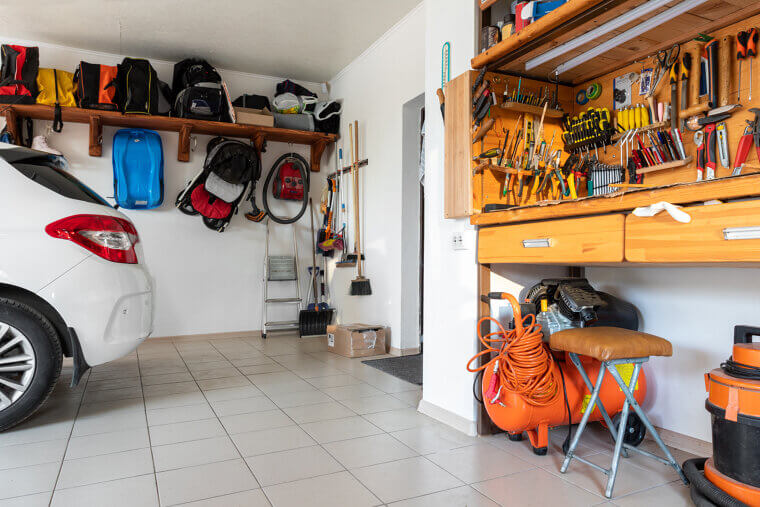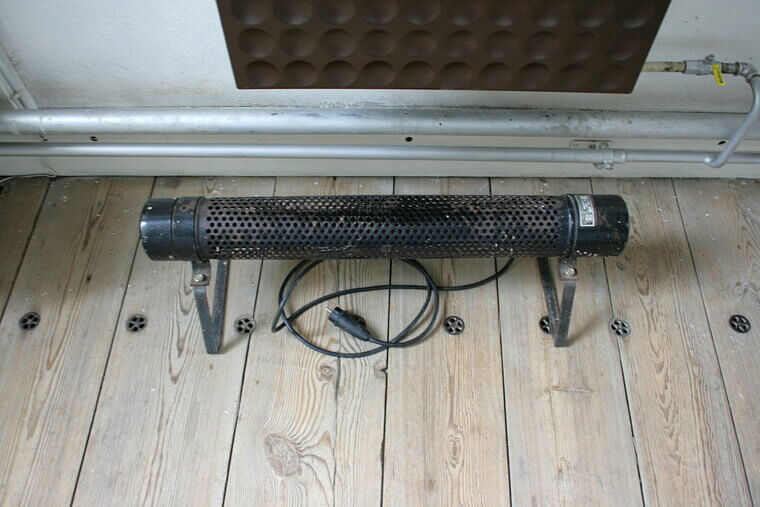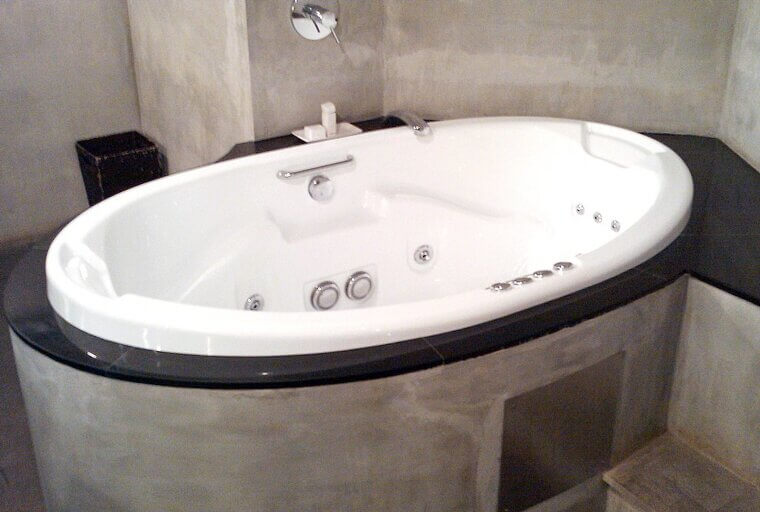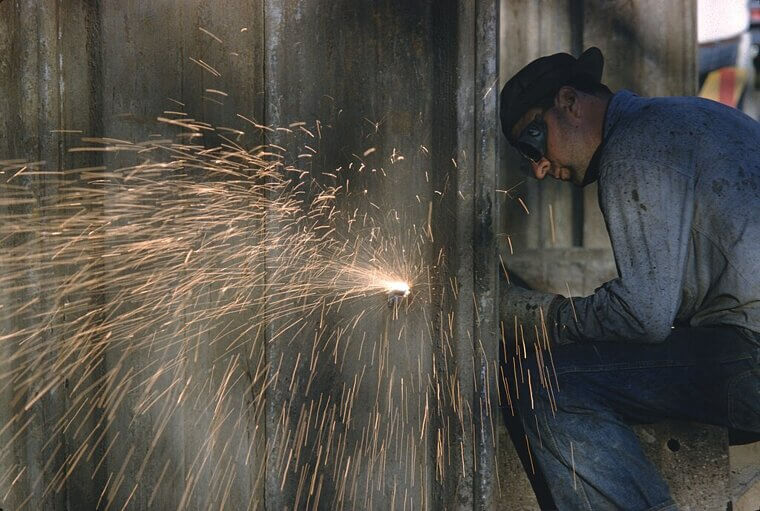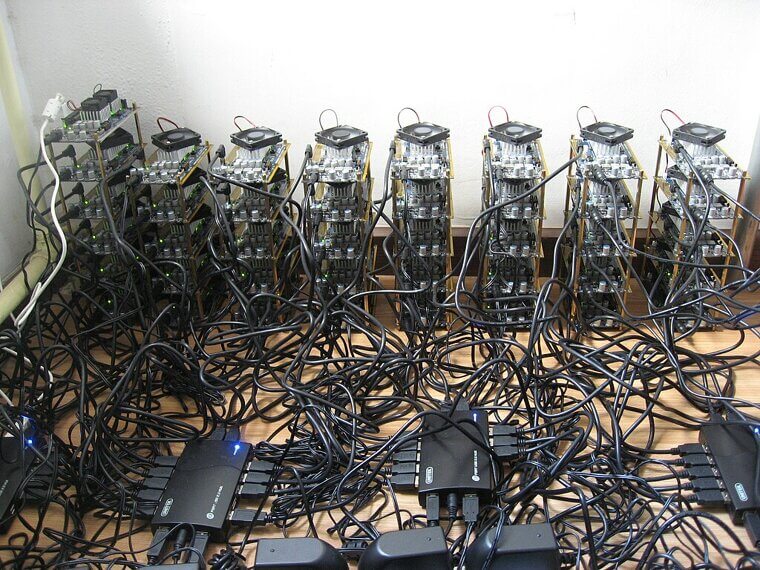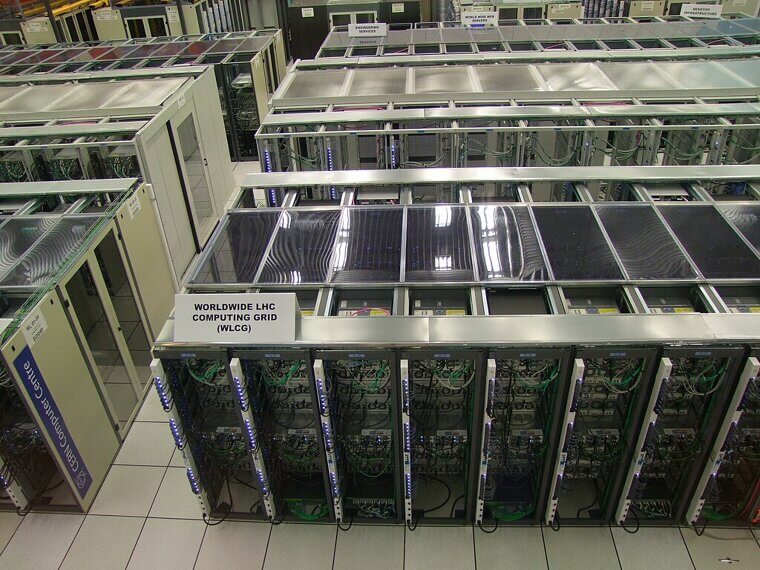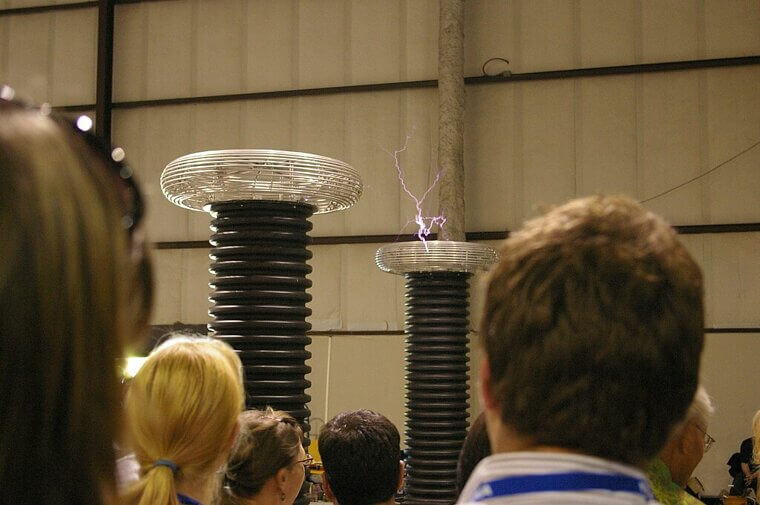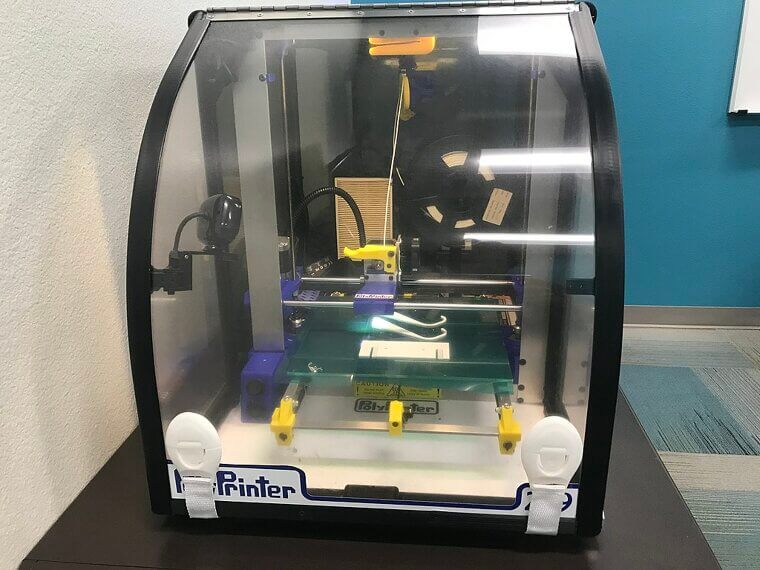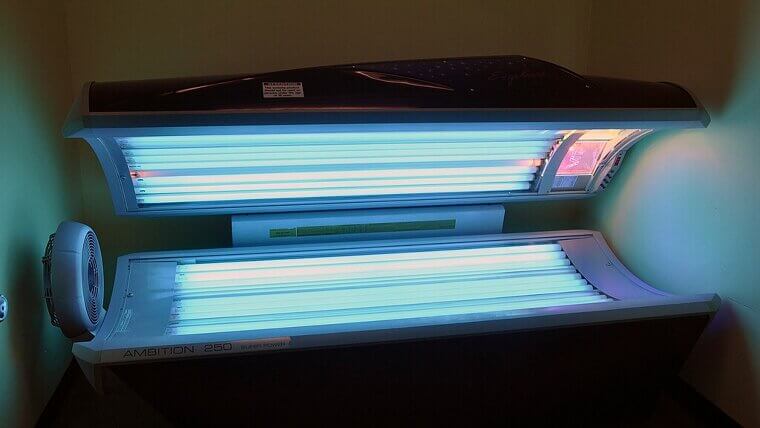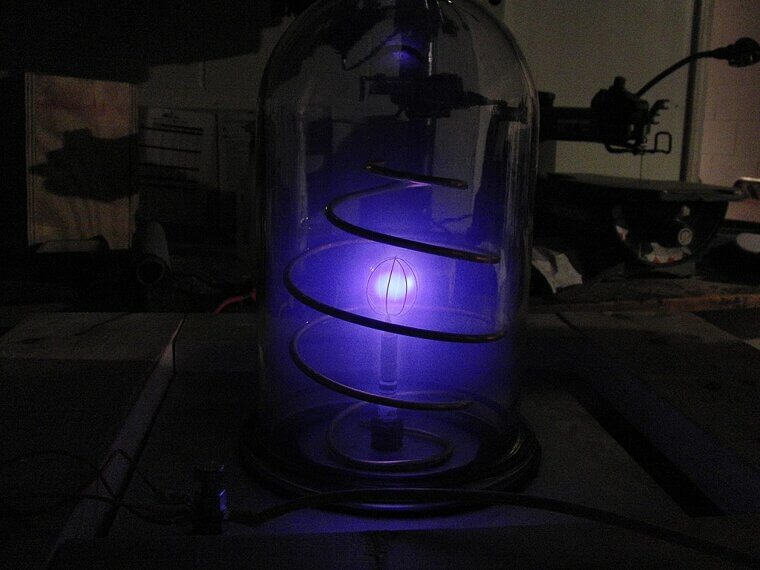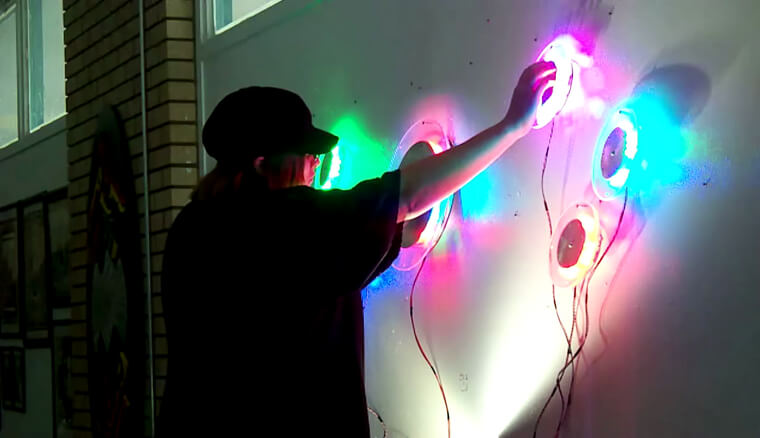Avoid a Fire Hazard: What Not to Plug Into Your Garage Outlets
Just because you’ve got the outlets to add more appliances, doesn’t mean that you should! Those sockets aren’t meant for everything, and here’s some objects you can remove from your list.
An RV or Camper
Your basic U.S. outlet socket has 15 or 20 amps, while a massive RV or camper van can be anywhere from 30 to 50, depending on whether they have A/C, appliances, and the like. You need dedicated RV hookups for that, or risk melted wires and electrical fires.
A Second Garage
If you have more than one structure and you’re considering connecting them with a daisy chain of wires and extension cords, give up on the dream. Poor urban planning lacks weatherproofing, grounding and overload protection, which can have violent results. Use safer code-compliant sub-panels instead.
Multiple Space Heaters
Garages get cold, but you don’t need a space heater for every corner of the room. The majority of space heaters use 1,500 watts, so one heater per dedicated outlet is gold; any more, and it could literally blow up in your face.
A Hot Tub
Who doesn’t want a warm soak and joyful bubbles after a hard day’s work? But between the heating and jets, hot tubs use up so much power that they need professional installation on dedicated circuits. Too much electricity and water can lead to shocking results.
Your Neighbor’s House
It doesn’t matter how friendly you are with your neighbor or how convincing they are, even if their power’s out you can’t run their entire grid from your garage outlet. Even if you put laws aside (which you shouldn’t), you’ll fry your circuits, and that’s the best case scenario.
Commercial Deep Fryer
If you somehow get hold of commercial equipment and fancy a side hustle - fried or otherwise - sticking it into a garage socket will lead to deep-fried disaster. Hot oil and flammable garage equipment is a recipe for disaster, and the whole thing will leave a bad taste in your mouth.
Industrial Welder
Protecting yourself while using industrial machinery isn’t just about your body - you need to use surge protection too! Plugging a 240 volt welder into a 120 volt socket will ruin your outlets quicker than sparks fly. You need dedicated lines to stay grounded.
A Bitcoin Mining Rig Farm
Surely mining for crypto can’t be that power-hungry, right? Actually, a single mining rig can reach up to 2,000 watts, so a bank of them will eat your grid and generate so much heat they can melt cords and start fires. Stick to the cloud.
Heavy Duty Medical Equipment
Although it’s not super common, people have been known to try and outfit their garage with hospital-class medical equipment. Some, such as CPAP units, are fine. Others - X-Ray or MRI machines with or without radiation shielding - should be left to the professionals.
An Entire Server Rack
Whether you’re trying to run a small business or just prefer a lot of servers to back up your mountainous files, hosting server racks with networking, backups and cooling can cause devastation to your power and even corrupt your hoarded data.
A Grow Tent
Whatever herbs you might be growing, turning your garage into a power-hungry jungle gym is never a wise idea. Between UVs and hydroponics, you’re looking at a massive fire hazard that won’t just wilt your crop but burn your garage down to the ground, leaving you high and dry.
Improperly Installed EV Fast Charger
Yeah, unfortunately EV chargers aren’t just plug and play! A standard 120 volt garage outlet can’t take a 240 volt level 2 charger without serious repercussions - incorrectly-used chargers can even bypass safety shut offs! They require professional installations to avoid melting your sockets.
A Commercial-Grade Freezer Farm
If you’re running a prepper pantry or selling bulk meats on the side, just one commercial freezer is several times over the volt limit of your outlet. They’re also prone to startup surges - power spikes that destroy weak wiring and older breakers like those found in garages - so give this idea the cold shoulder.
A Tesla Coil
Into steampunk cosplay or watched too many YouTube videos on how much you can vibe with Tesla coils? Bear in mind that their inventor, Nikola Tesla, once shut down the entire Colorado Springs power grid in 1899, so plugging one into your garage outlet is overkill.
A Band’s Full Concert Setup
Ah, the classic garage band concept is appealing, but that was more of an ’80s thing when amps, lights and sound equipment wouldn’t pop fuses and blow speakers. You need power conditioners these days, and don’t give the bass amp and smoke machine the same strip.
An Inflatable Bounce House Blower
A 500 lb bounce house can support a small army of screaming, jumping children and you want to plug the air supply that can run it into a garage outlet? You’re looking at a continuous 7-12 amps, and if you forget to turn it off things are going to melt.
A 3D Printer Army
One 3D printer is normal, two are probably pushing it a bit. Any more than that, and you’ve got yourself a recipe for melted dreams and wires, especially on a multi-outlet power draw and shared circuits.
A Tanning Bed
You have to be careful plugging tanning beds in anywhere because they’re such energy gluttons - their ballasts, UV bulbs and even the occasional hydraulic lift are very demanding. Unless you have a retrofitted garage, it’s not equipped to handle the output and could damage the unit at best or start fires at worst.
A Homemade Fusion Reactor
It sounds like an exaggeration, but amateur scientists have created tabletop fusion reactors - or fusors - before with vacuum pumps, high voltage transformers and radiation shielding (or lack thereof). It should go without saying, but your garage isn't the place for it. Expect a visit from the government.
Anything With the “work in Progress” Words
If it says “untested,” “prototype,” or it’s something suspicious you found on Craigslist, don’t jam it into your garage outlet and hope for the best! Even if they look innocent, red flag objects might lack proper casing, fuse protection or have a tendency to explode.

